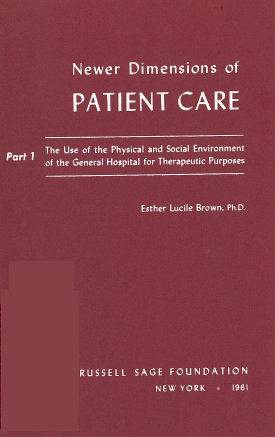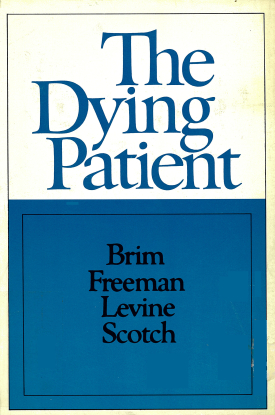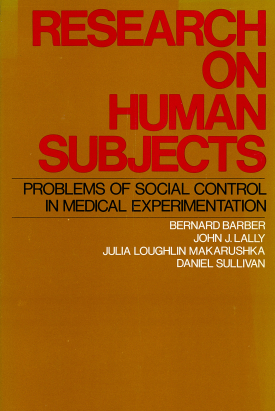There has hitherto been limited systematic social research on the prolongation and termination of life, and minimal agreement of the resolution of the moral and social dilemmas that dying provokes. Among the topics discussed by the contributors are: the social context of dying—when, where, and why people die; what they think about death; the cultural background of the patients' attitudes; and how medical practitioners cope with terminal illness. The social, ethical, legal, and economic problems arising from the prolongation and termination of life are also set forth.
ORVILLE G. BRIM, JR. is president of the Foundation for Child Development and former president of the Russell Sage Foundation.
HOWARD E. FREEMAN is director of the Institute for Social Science Research and professor of sociology at University of California, Los Angeles.
SOL LEVINE is university professor of sociology and community medicine at Boston University.
NORMAN SCOTCH is professor and chairman of the Department of Socio-Medical Services and Community Medicine at Boston University School of Medicine.
CONTRIBUTORS: Richard M. Bailey, Orville G. Brim, Jr., Diana Crane, Howard E. Freeman, Barney G. Glaser, Robert J. Glaser, Richard A. Kalish, Andie L. Knutson, Louis Lasagna, Monroe Lerner, Sol Levine, Bayless Manning, Robert S. Morison, Osler L. Peterson, David L. Rabin, Laurel H. Rabin, John W. Riley, Jr., Elisabeth K. Ross, Norman A. Scotch, Anselm L. Strauss, David Sudnow, Greer Williams



